Azerbaijan vs. Nagorno-Karabakh
1994 - ongoing by 2011
Core issue: Nagorno-Karabakh became a de-facto state but Azerbaijan refuses
to accept its sovereignty and demands the reintegration of the territory under its control
Type of conflict ending: Conflict ongoing by 2011
The frozen conflict between Azerbaijan and Nagorno-Karabakh is the result of the Nagorno-Karabakh War, which ended with a ceasefire in 1994. The core issue revolves around the status of the Nagorno-Karabakh (NK), a former Soviet Autonomous Oblast, which remained unresolved by 2011. Nagorno-Karabakh refuses to become part of Azerbaijan, but it remained uncommitted as to whether it should become its own independent entity or merge with Armenia. In general, its foreign policy, defense and state budget remain closely intertwined with Armenia. Azerbaijan claims the NK as part of its own territory. The status and therefore the core issue remained officially unresolved as of 2011.
The Nagorno-Karabakh War was the culmination of tensions resulting from Soviet policies and the confusion that arose with the dissolution of the Soviet Union. At the dawn of the Cold War, Karabakh Armenians claimed that Baku was pursuing discriminatory policies against them and attempted to alter the demographics of the region and to erase Armenian cultural heritage from NK. Relations continued to deteriorate, and following Nagorno-Karabakh's declaration of independence from Azerbaijan in 1991, Azerbaijani forces were used to counteract the declaration. The war ended in 1994 with a ceasefire (the Bishkek Protocol) agreed upon by Armenia, Azerbaijan, and Nagorno-Karabakh. The ceasefire established the Line of Contact that separates the forces of Nagorno-Karabakh and Azerbaijan and is connected to the seven districts captured by NK.
Peace talks were organized under the Minsk Group format under the umbrella of the OSCE. Peace negotiations effectively started in 1995 and were held between Armenia and Azerbaijan, as Azerbaijan refused to negotiate with representatives of Nagorno-Karabakh, because it considered NK a territory occupied by Armenia. Nagorno-Karabakh is thus dependent on mediation by Armenia regarding the resolution of its status. In 1997 and 1998, the conflict intensified, and tensions rose as violent clashes along the Line of Contact resulted in an increase in the numbers of battle- related deaths. In 1997, the Minsk Group proposed a new peace plan, based on the "package solution", but it was refused by NK. In 1998, the new Armenian president, Robert Kocharian (born in Nagorno-Karabakh), and Azerbaijani president, Heydar Aliyev, met in Washington, thereby discussing the Goble Plan which foresaw territorial exchange between Armenia and Azerbaijan. The peace process was halted by the killing of eight politicians in the Armenian parliament in 1999. In 2001, both presidents met in Key West, Florida, and it was said they were close to an agreement. Domestic opposition in both countries, however, prevented any agreement. The most promising and discussed peace plan refers to the Madrid Principles, formulated in 2007 and revised in 2009. Armenia and Azerbaijan could not agree on the sequence of proposed steps (return of the occupied territories, status of NK, return of IDPs) by 2011. Since the start of the conflict, violence has continued to occur across the Line of Contact almost daily, and several deaths on both sides result each year due to ceasefire violations. Armenia has remained a supporter of the independence of NK, and Azerbaijan has made numerous threats of using violence to recapture NK.
Sources
Ciobanu, Ceslav, 2009. Frozen and forgotten conflicts in the post-Soviet states: Genesis, political economy and prospects for solution, Boulder, CO: East European Monographs. Cornell, Svante, 2001. Small Nations and Great Powers, London: Routledge Curzon.
Cornell, Svante, 2017. The International Politics of the Armenian-Azerbaijani Conflict, New York, NY: Palgrave Macmillan.
de Waal, T., 2013. Black Garden: Armenia And Azerbaijan Through Peace and War, New York, NY: NYU Press.
Dietzen, Mark, 2011. "A New Look at Old Principles: Making the Madrid Document Work", Journal of Conflict Transformation, Caucasus Edition, 4 (1), 5-8.
Ditrych, Ondrej, 2006. "Náhorní Karabach a řešení mezinárodních konfliktu podle realistické tradice", Mezinárodní vztahy, 41 (4), 27-47.
Herzig, Edmund, 2000. The New Caucasus: Armenia, Azerbaijan and Georgia, London: Royal Institute of International Affairs.
Kolstř, P. and Helge Blakkisrud, 2008. "Living with Non-recognition: State- and Nation-building in South Caucasian Quasi-states", Europe-Asia Studies, 60 (3), 483-509.
Kopecek, Vincenc, 2017. "Arménie a Náhorní Karabach: Asymetrická neformální konfederace", Mezinárodní vztahy, 52 (3), 47-69.
Kucera, Joshua, 2014. "Bloody clashes between Azerbaijan and Armenia over disputed territory", The Guardian, August 4. [https://www.theguardian.com/world/2014/aug/04/nagorno-karabakh-clashes-azerbaijan-armenia ]
"Nagorno-Karabakh: Risking War." 2007. International Crisis Group, November 14. Accessed 10 July 2019 https://www.esiweb.org/pdf/armenia_ICG_risking_war_Nov2007_187_nagorno_karabakh___risking_war.pdf
"Negotiations Chronology Between Azerbaijan And Armenia." 2018. Republic of Azerbaijan Ministry of Foreign Affairs. Accessed 10 July 2019 <http://mfa.gov.az/en/content/856>
Romancov, Michael et al., 2013. Jižní Kavkaz v bezpecnostní perspektive, Praha: Metropolitan University Prague Press.
Sanamyan E., 2018. "Armenian-Azerbaijani Attrition War Escalates." The Armenian Weekly. Accessed 10 July 2019 <https://armenianweekly.com/2016/01/14/attrition-war-escalates/>
Sarkees, Meredith Reid and Frank Wayman, 2010. Resort to War: 1816-2007, Washington, DC: CQ Press.
Souleimanov, Emil, 2013. Understanding Ethnopolitical Conflict: Karabakh, South Ossetia, and Abkhazia Wars Reconsidered. London: Palgrave Macmillan.
"UCDP - Uppsala Conflict Data Program: Azerbaijan: Artsakh (Nagorno-Karabakh)." 2018, Accessed 10 July 2019 <http://ucdp.uu.se/#conflict/388>
